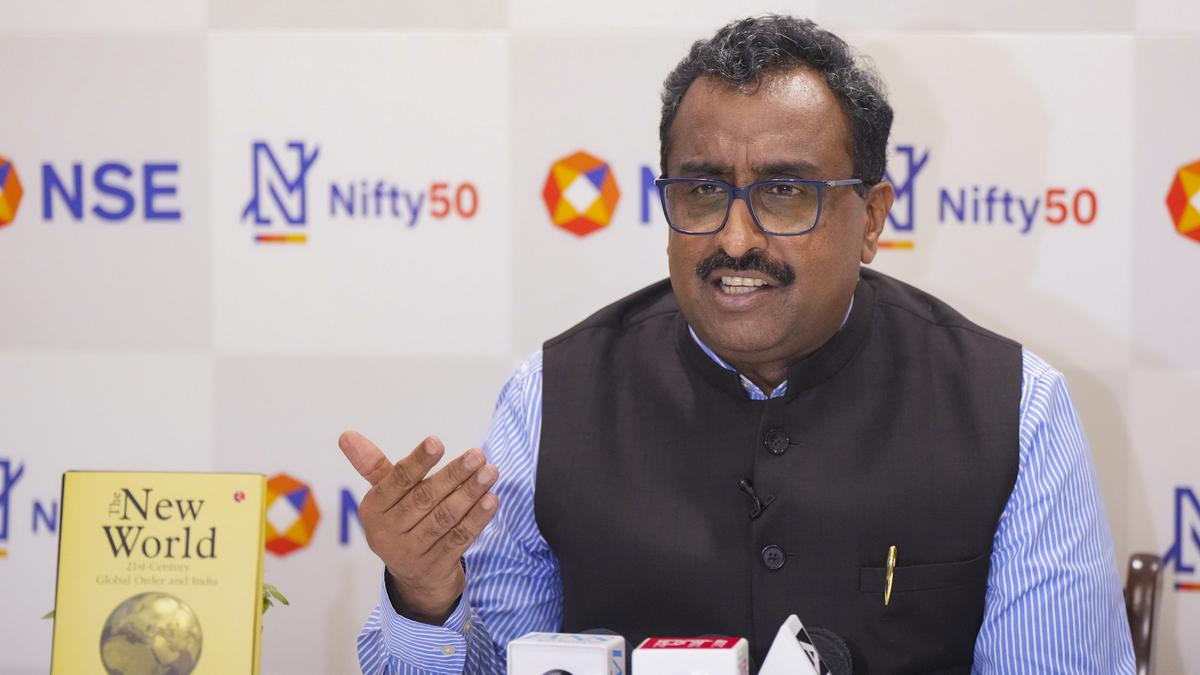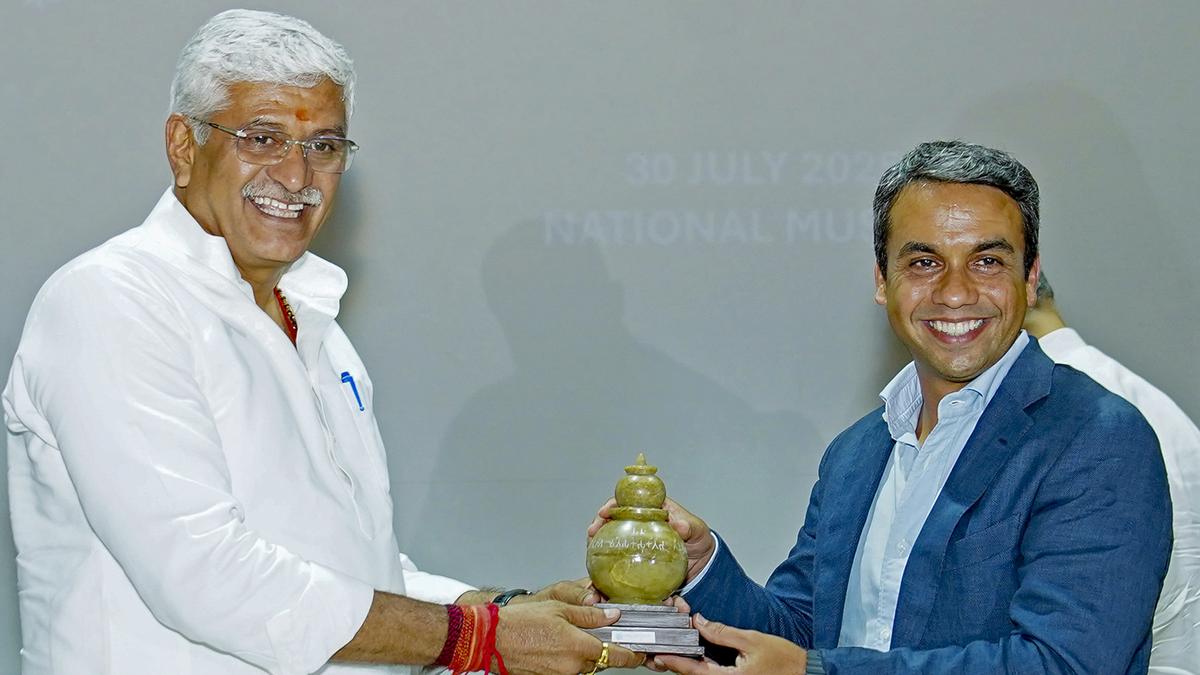Now Reading: China Factor, Strategic Autonomy Drive Trump’s Tariff Policy: Ram Madhav
-
01
China Factor, Strategic Autonomy Drive Trump’s Tariff Policy: Ram Madhav
China Factor, Strategic Autonomy Drive Trump’s Tariff Policy: Ram Madhav

Rapid Summary
- Event: U.S.President Donald Trump announced a 25% tariff on trade with India and penalties for India’s purchase of Russian oil and weapons.
- Analysis by Ram Madhav:
– Ram Madhav, former BJP general secretary and president of think tank India Foundation, attributes these measures to U.S.-India relations being shaped by strategic autonomy under PM Modi.
– He believes India’s refusal to comply with U.S. pressures has created unease in Washington, especially compared to other nations such as those in teh EU or South Korea.
– The move is tied both to tensions surrounding China’s rise in deep-tech areas and the geopolitical competition between China and the United States.
- Context from Modi: Prime Minister Narendra Modi refuted Trump’s prior claim that the U.S. mediated a ceasefire during Operation Sindoor (an anti-terror mission). According to Modi,”no world leader asked us” to halt the operation.
Indian Opinion Analysis
The 25% tariffs reflect heightened friction in U.S.-India relations during Trump’s management, primarily influenced by India’s stance on independence in foreign policy under PM Modi. While previous periods saw warming ties between New Delhi and Washington due to shared values on counteracting China’s global assertiveness, these latest developments suggest complications rooted in differing geopolitical priorities.
India’s strategic autonomy stands as a cornerstone of its diplomacy-a notion strengthened by PM Modi’s public dismissal of external intervention claims regarding operation Sindoor. This approach may provide long-term advantages for Indian foreign policy but could lead to short-term challenges with allies like the united States trying aggressive tactics such as increased tariffs or penalties.For India, maintaining this balance will be critical as it continues positioning itself as a major economic power while navigating pressures from competing global superpowers like China and the United States.






















